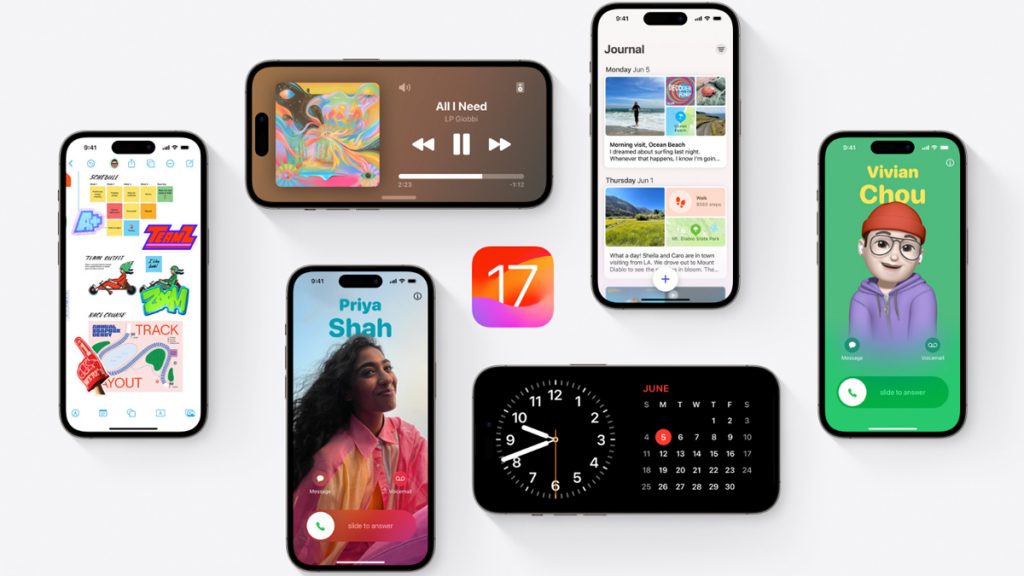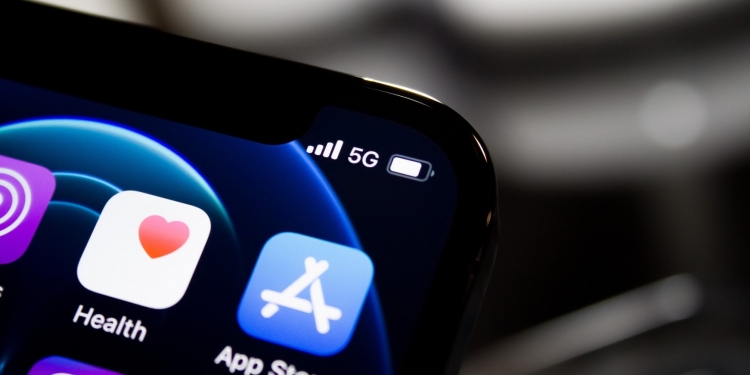Apple, a company well known for keeping everything in a silo, is for the first time opening up its platform for rivals to set up shop. Thanks to the European Union’s changes to the Digital Markets Act (DMA), Apple customers will soon be able to install apps from rival app stores on their iPhones. Unfortunately, this will be limited to EU customers only for now.
Starting in March, EU iPhone users will have the option to install apps from alternative app stores other than the Apple App Store. This functionality is set to be rolled out with the iOS 17.4 update that is coming soon.

Once the update is live, people in the EU can choose an alternative app store for their apps on iOS. Not only that, but customers can now choose a different default app for their browsers. No longer they are limited to Safari to surf the web on iOS.
Developers can use new APIs to develop the alternative app stores, as well as roll out web browsers using engines other than Webkit – the browser engine used in Safari.
The rest of the world is still stuck with the App Store for their apps but there is one big change that is happening worldwide. Apple will be opening the App Store for game streaming services. iPhone owners will now have native apps for services from NVIDIA and Xbox on their phones.
Less privacy and security for end users

Apple did warn that the new update will result in an increased risk for user privacy and security – such as a greater chance of malware downloaded from the alternative app stores. Apple will be introducing Notarization for iOS apps, authorization for marketplace developers, and disclosures on alternative payments to try and mitigate the risks.
According to them, notarization is a baseline review of all apps, regardless of their distribution channel.
Apple’s App Store now will now take a cut of up to 17%, plus another 3% fee, for payments made on apps distributed on its App Store. That’s down from the traditional maximum commission of 30%.
Lastly for developers, the new DMA-mandated changes also sees changes in the overall app monetization ecosystem. In particular, developers will get reduced commission, developers will now pay a new processing fee, and developers will have to pay a €0.50 core technology fee for each first annual install per year over a 1 million threshold.
Right now, there are no news on which developer will be developing an alternative app store on the iOS. But this announcement is concrete proof that with enough pressure, and perhaps a law or two from the government, even a company as big as Apple will play ball with you. Will we see this happening in the US? Not a chance. The company said, quoted by Business Insider, said because “this is not the safest system for our users.”








